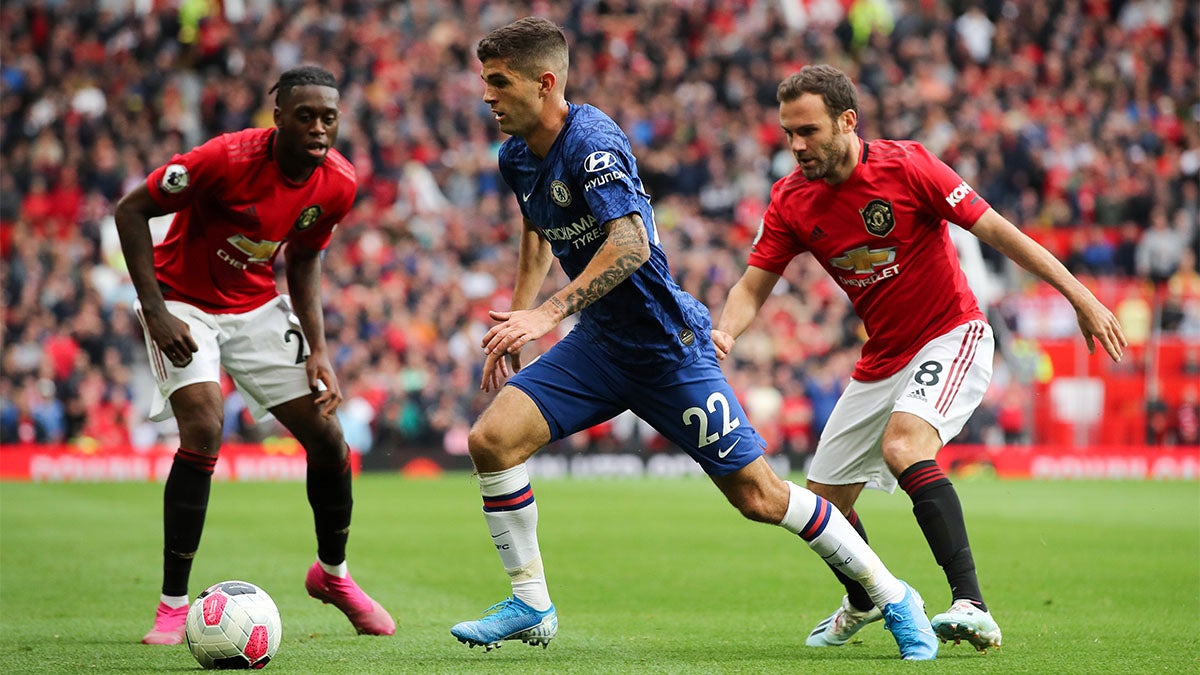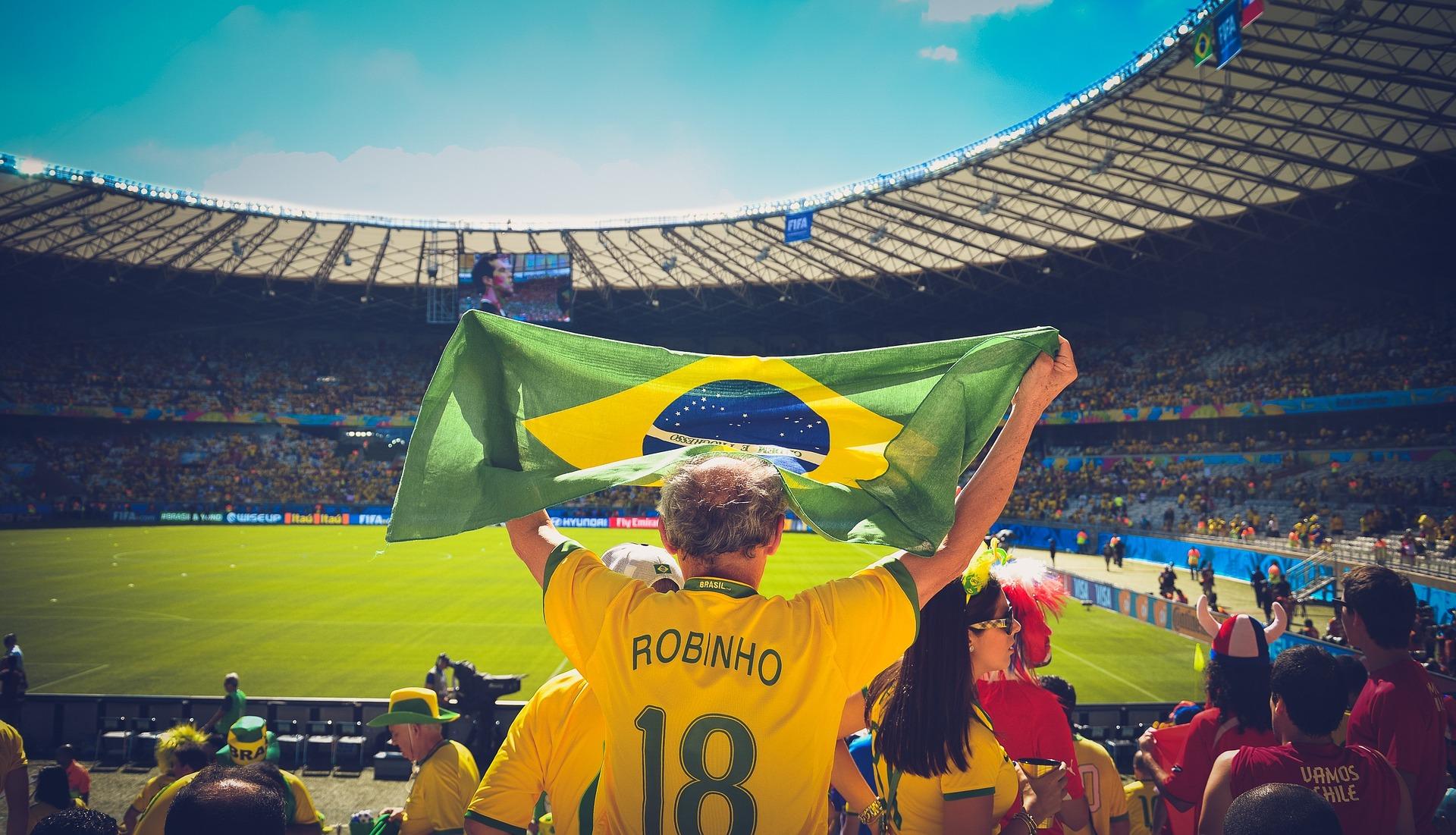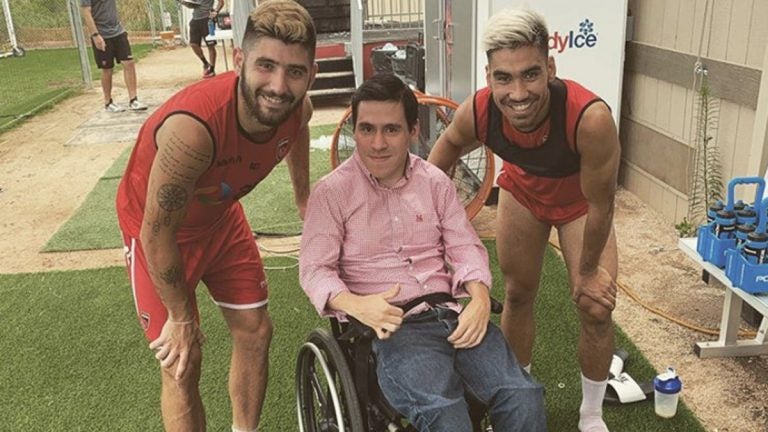MLS to comply with FIFA rules on training, solidarity payments
Why this matters
With FIFA Training Compensation and Solidarity Mechanisms, MLS will build future soccer stars in the United States, meaning academies will begin to reap the rewards of training top-tier players.
At the beginning of 2019, Borussia Dortmund transferred American player Christian Pulisic to Premier League club Chelsea FC for the sum of €64 million ($71.78 million). Now one of the most important American players in European soccer, Pulisic’s success is largely the result of the investment of PA Classics, the American training academy that developed his talents as a young player.
However, upon Pulisic’s transfer, PA Classics did not receive any compensation. This could change if PA Classics files a claim to Federation Internationale of Football Association (FIFA), which would entitle them to receive an estimated €500,000 in solidarity payments for Pulisic’s development. But what are solidarity payments, and how do they impact North American clubs?
Currently, FIFA regulations mandate training academies develop young players free of charge. In Europe, development expenses are covered by the compensation fees training academies receive from the clubs that acquire the players they trained. The academies can get a return on their investment through two types of compensation mechanisms described in FIFA regulations: training compensation and solidarity mechanism payments.
In the U.S., the USSF does not enforce this compensation system. However, opposing the USSF’s position since April 2019, Major League Soccer (MLS) requires foreign clubs that acquire players trained in MLS academies to compensate them.
Training compensation is owed to players’ training clubs when players register for the first time as a professional with a foreign club, as well as each time a professional player is transferred until the end of the season of his 23rd birthday. According to the Regulations on the Status and Transfer of Players, training compensation is calculated by taking the training costs of the new club from a foreign association (FIFA previously categorized clubs in confederations from category I to IV) and multiplying it by the number of years of training with the former club from the season of the player’s 12th birthday to the season of his 21st birthday. For calculation purposes – and to ensure the training compensation for very young players is not set at unreasonably high levels – compensation for ages 12-15 is calculated as Category IV.
For instance, if an MLS team academy transfers a player to a first division club in Italy at the age of 19, the total amount payable by the European club would be €400,000, distributed as follows: €40,000 total for the years between the player’s 12th and 15th birthday, and €360,000 for the last four years.
On the other hand, solidarity payments occur when a professional transfers from their former club to a new club. Five percent of the total transfer compensation paid by the new club is distributed between the clubs where the player was registered during the seasons of his 12th and 23rd birthday. The five percent is thus deducted from the compensation paid to the player’s former club.
MLS will begin to comply with FIFA regulations regarding training compensation and solidarity mechanism payments. This means it will begin to keep records of players who receive training from its teams’ academies.
Training compensation and solidarity payments stem from a European Court of Justice ruling in December 1995. The court ruled in favor of Jean-Marc Bosman, a Belgian soccer player who challenged FIFA regulations that limited the freedom of movement of workers in the European Union and assessed a fee for the transfer of players whose contracts had expired. As a result of the ruling, FIFA and UEFA changed their regulations to allow the freedom of movement of players in Europe. Clubs also no longer had the right to ask for compensation for out-of-contract players.
After the decision, FIFA and the European Commission agreed to reform transfer regulations, creating a way to compensate clubs for the development of young players. As a result, FIFA started to regulate training compensation and solidarity mechanisms.
In the United States, because of Fraser vs. Major League Soccer case, the USSF does not enforce the FIFA regulations. The USSF’s position is it will not impose, implement, or enforce, in any way, those rules, statutes, or regulations adopted by the FIFA relating to the payment of transfer fees or training and development fees for professional soccer players who are free of contractual obligations to other teams (out of contract players).
Critics argue the USSF’s position is without merit because the Frasier decree prevents the USSF only from seeking agreements regarding transfers fees, not from preventing clubs to receive training compensation and solidarity mechanism payments.
The USSF is a private association affiliated with FIFA but governed by U.S. law. The Major League Soccer Players Association – the players’ union – maintains training compensation and solidarity payments are taxes imposed to American players. That tax will significantly reduce the opportunities for those players to sign professional contracts abroad. The union also said the regulations go against child protection law.
Although the USSF remains neutral about enforcing the regulations, the MLS is set to seek training compensation and solidarity mechanism payments.
Several significant player signings that highlighted their U.S.-based training club’s inability to automatically receive training compensation and solidarity mechanism payments because of the lack of compliance with FIFA regulations already exist.
When DeAndre Yedlin was transferred from the Seattle Sounders to the Tottenham Spurs in 2015, his training club – the Crossfire Premier Academy – made a claim to the FIFA Dispute Resolution Chamber in order to receive solidarity mechanism payments. The FIFA dispute resolution chamber ruled the Academy was entitled to receive such payments. Despite the finding, the chamber determined the Seattle Sounders should receive full payment instead.
An interesting element in the Yedlin case is Crossfire Premier Academy is part of the pay-to-play system, which contradicts FIFA’s regulation for academies to train players free-of-charge in order to receive training compensation and solidarity payments. However, this was not the determining factor in the Chamber’s decision.
In other cases, the chamber dismissed the claims of training clubs whose failure to keep records of having trained the players was caused by USSF’s decision not to enforce regulations regarding player passports.
FIFA requires their associations to keep player passports that record all the clubs who have participated in the training and education of players along their careers. In cases such as Clint Dempsey and Michael Bradley, former clubs were not able to present these records in order to demonstrate they were entitled to receive money for having trained the players.
To prevent more situations like this taking place, MLS will begin to comply with FIFA regulations regarding training compensation and solidarity mechanism payments. This means it will begin to keep records of players who receive training from its teams’ academies. However, if the USSF does not also comply with these regulations and remains neutral, then U.S. clubs outside the MLS and who abide by USSF regulations will not be able to track players’ records in order to receive payment when transferring players to a club abroad.
Is it possible an agreement regarding training compensation and solidarity payments on a national scope could be reached between the MLS and clubs outside the league? If an agreement is reached, how will those payments affect the U.S. pay-to-play system? How will the MLS players’ association will react to any potential agreement, and will the USSF take part in this hypothetical initiative?
And, finally, how will the MLS control how a player leaves a team academy to sign for a foreign club without the assistance of the USSF?
These questions are yet to be answered, but, certainly, MLS took the first step to transform how clubs are compensated for developing youth players in the United States.
Victor Ocando is an international sports lawyer, who has worked as an external Legal Counsel for soccer clubs and sports agents in South America and Europe. He writes for several media outlets and is also a Sports Law online courses instructor. Follow him on Twitter @ocandovictor




